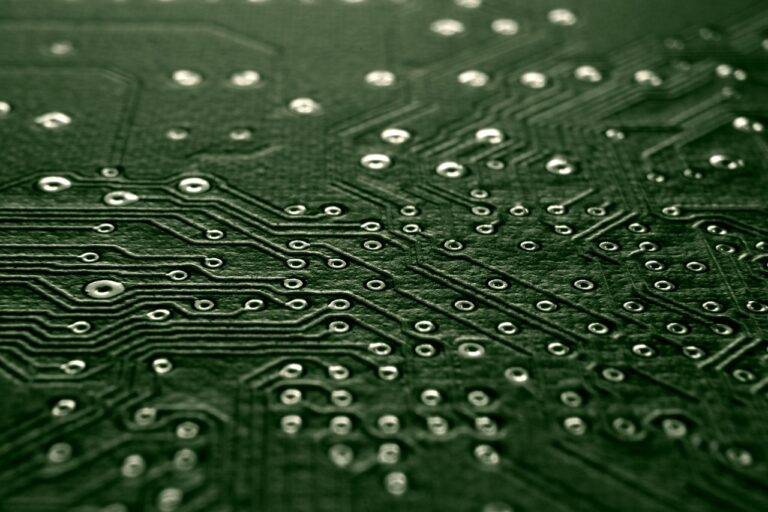Exploring the Potential of AI in Drug Discovery
Artificial Intelligence (AI) is transforming the landscape of drug discovery by streamlining the process of identifying potential therapeutics. By leveraging machine learning algorithms and big data analysis, AI can sift through vast amounts of biological and chemical data to predict the efficacy and safety of compounds with remarkable accuracy. This accelerates the early stages of drug development and enables researchers to focus their efforts on the most promising candidates, ultimately cutting down on time and resources required for traditional trial-and-error methods.
Furthermore, AI plays a crucial role in optimizing drug design and formulation. Through computational modeling and virtual screening techniques, AI can predict how a drug candidate will interact with its target molecule, leading to the rational design of novel drugs that exhibit enhanced binding affinity and specificity. This not only expedites the drug discovery process but also increases the likelihood of developing successful therapies for various diseases, thus revolutionizing the way new drugs are discovered and developed in the pharmaceutical industry.
Challenges Faced by Traditional Drug Discovery Methods
Traditional drug discovery methods have long been plagued by lengthy and costly processes, with the average time to bring a new drug to market stretching over a decade. The reliance on trial and error approaches coupled with a limited understanding of complex biological mechanisms often leads to high rates of failure in drug development, posing a significant challenge to the efficiency of traditional methods.
Moreover, the traditional drug discovery pipeline involves a series of sequential steps that hinder the rapid identification of promising drug candidates. This linear approach often results in missed opportunities for synergy between different stages of drug development, leading to inefficiencies in the overall process. The lack of integration and collaboration among different disciplines within drug discovery further compounds these challenges, highlighting the need for a more streamlined and holistic approach to identify novel therapeutic targets.
• Traditional drug discovery methods are time-consuming and expensive
• Reliance on trial and error approaches leads to high failure rates
• Limited understanding of complex biological mechanisms hinders progress
• Sequential steps in traditional drug discovery pipeline slow down the process
• Missed opportunities for synergy between different stages of drug development
• Lack of integration and collaboration among disciplines within drug discovery
How AI is Enhancing Target Identification and Validation
Artificial intelligence (AI) is revolutionizing the field of drug discovery by significantly enhancing target identification and validation processes. Through advanced computational algorithms and machine learning techniques, AI can efficiently analyze vast amounts of biological data to identify potential drug targets with higher precision and accuracy. By predicting the efficacy and safety of these targets, AI accelerates the validation process, leading to faster and more cost-effective drug development pipelines.
Moreover, AI empowers researchers to explore complex biological interactions and pathways that were previously inaccessible through traditional methods. By integrating multi-omics data, AI can uncover novel target candidates and elucidate their role in disease mechanisms. This comprehensive approach not only enhances the identification of promising drug targets but also enables researchers to validate these targets in a more targeted and systematic manner. The synergy between AI algorithms and biological knowledge is reshaping the landscape of drug discovery, driving innovation and breakthroughs in therapeutic development.
What is the role of artificial intelligence in drug discovery?
Artificial intelligence is revolutionizing drug discovery by accelerating target identification and validation processes, leading to the development of more effective and efficient drugs.
What are some of the challenges faced by traditional drug discovery methods?
Traditional drug discovery methods often involve time-consuming and costly trial-and-error processes, which can result in limited success rates and high rates of drug failure.
How is AI enhancing target identification and validation?
AI algorithms can analyze vast amounts of data to identify potential drug targets, predict their effects, and validate their potential efficacy, leading to faster and more accurate drug development processes.





